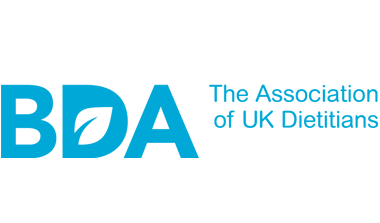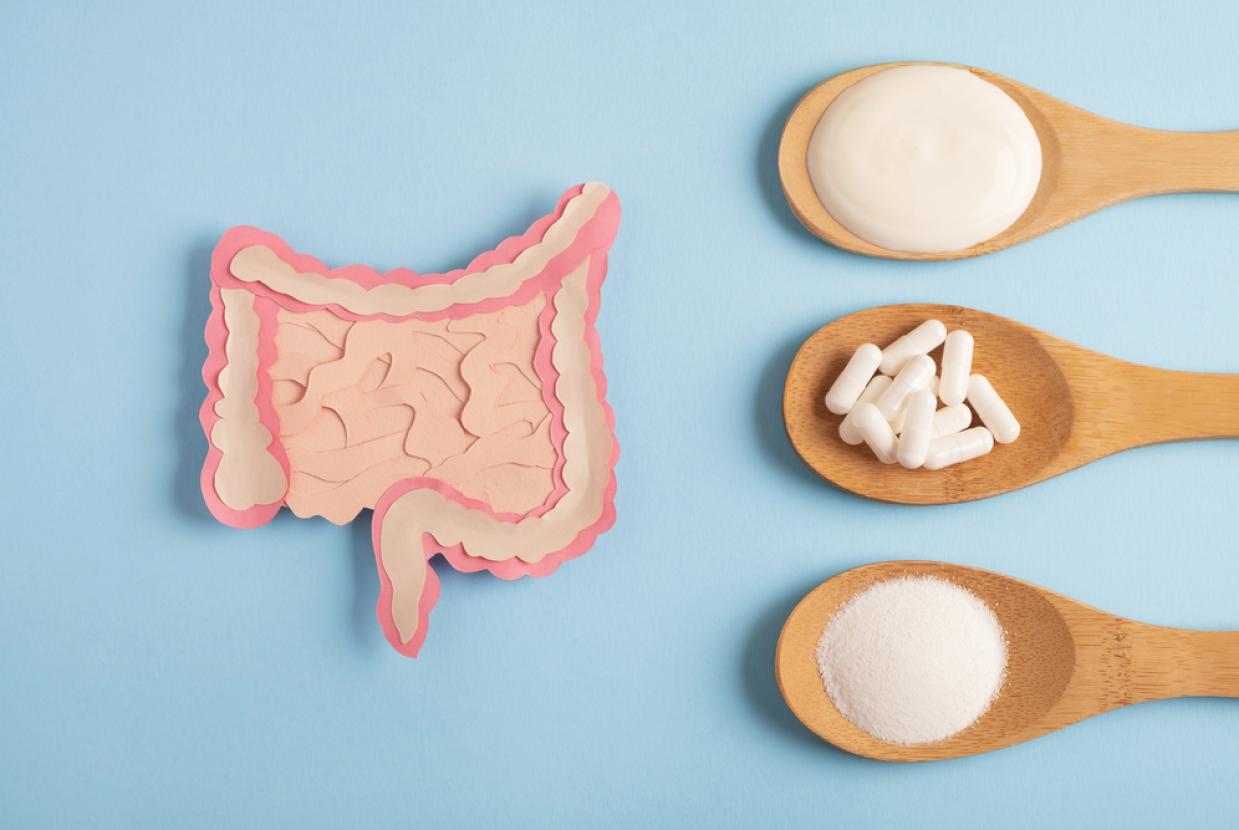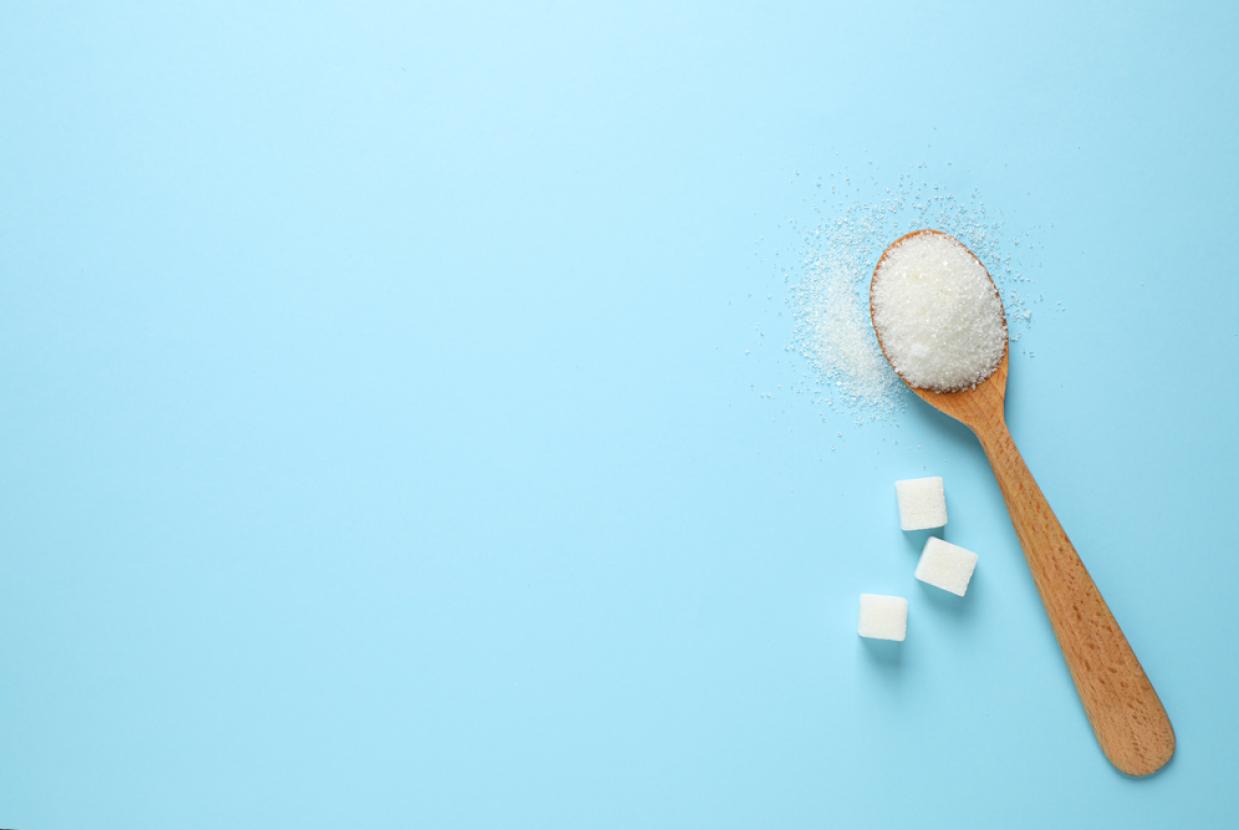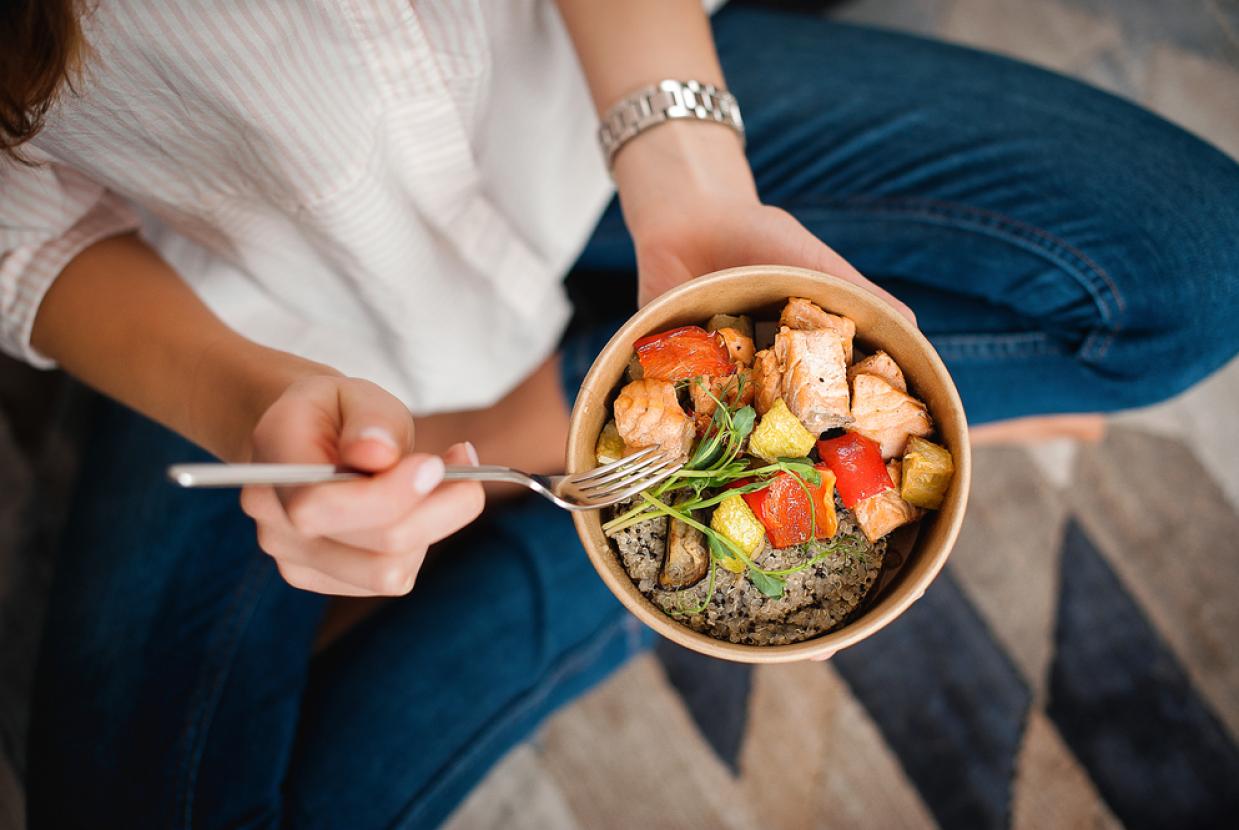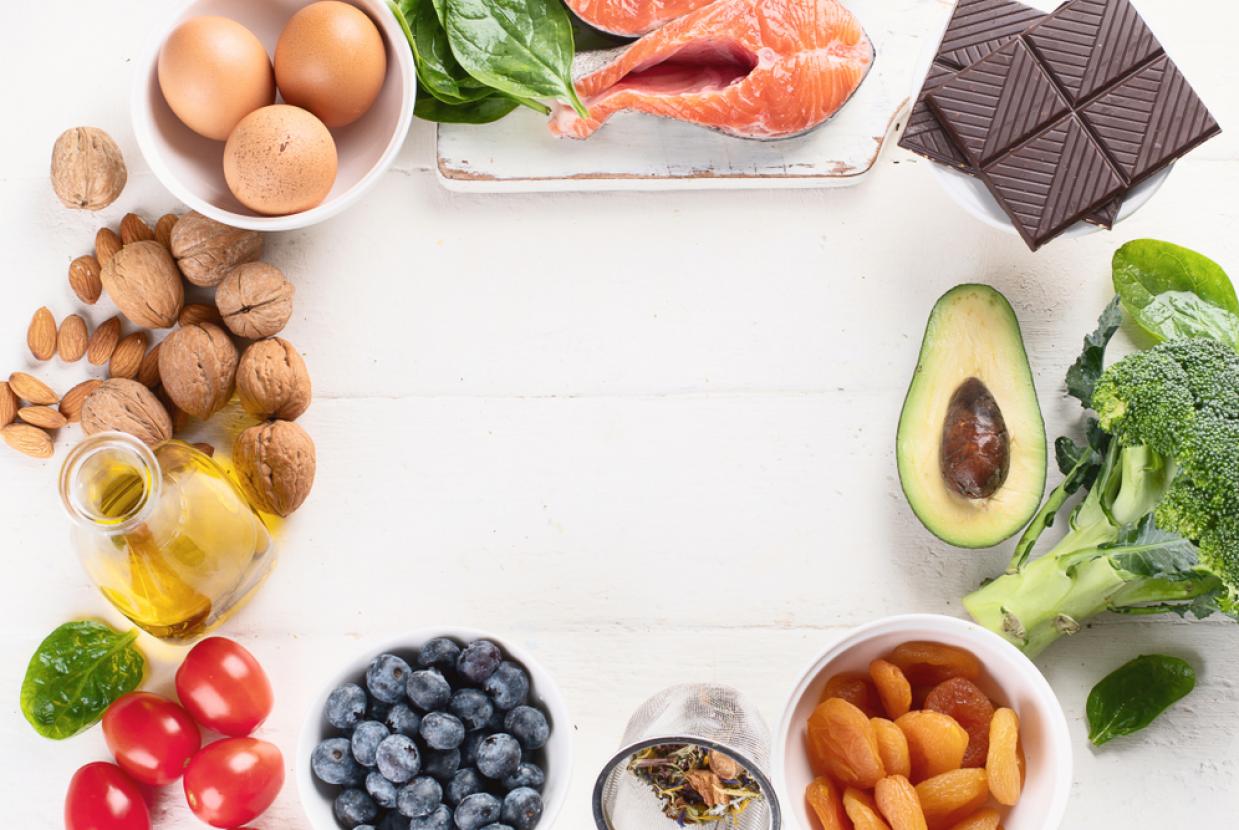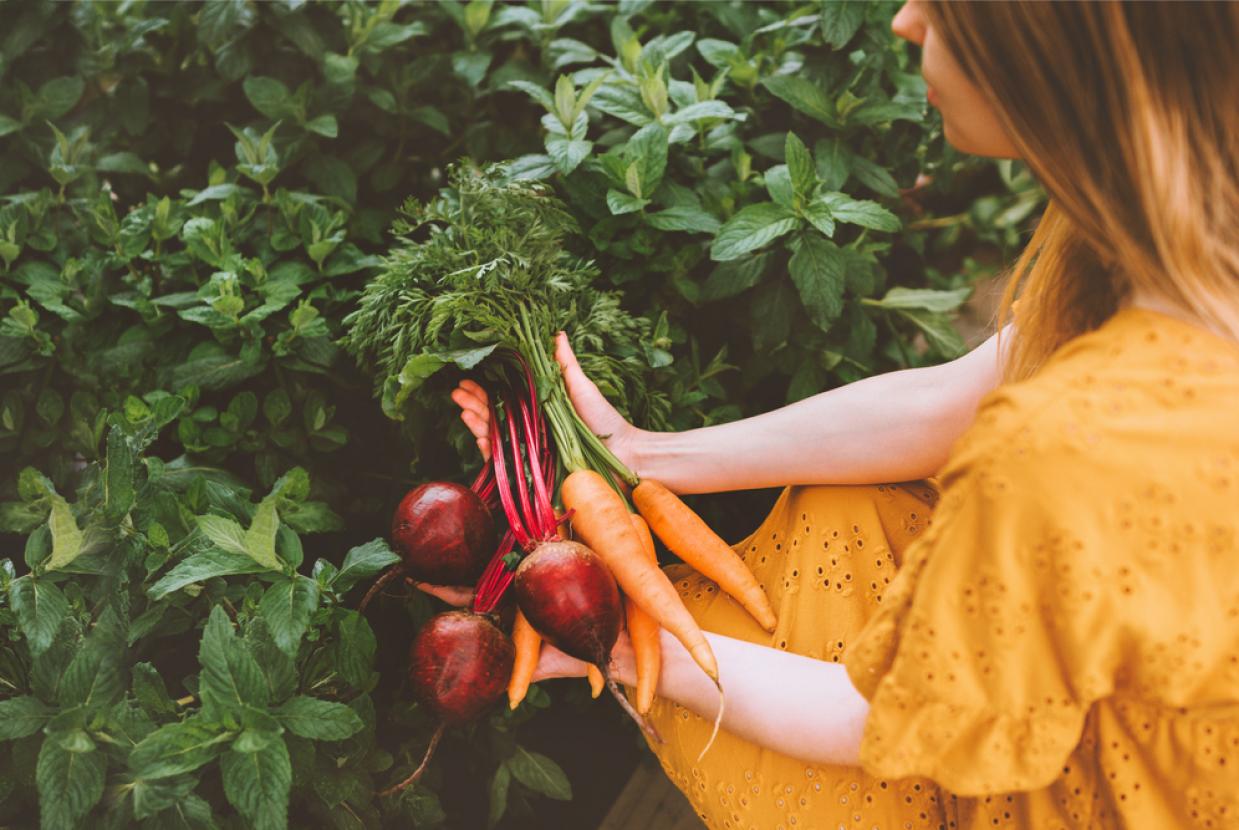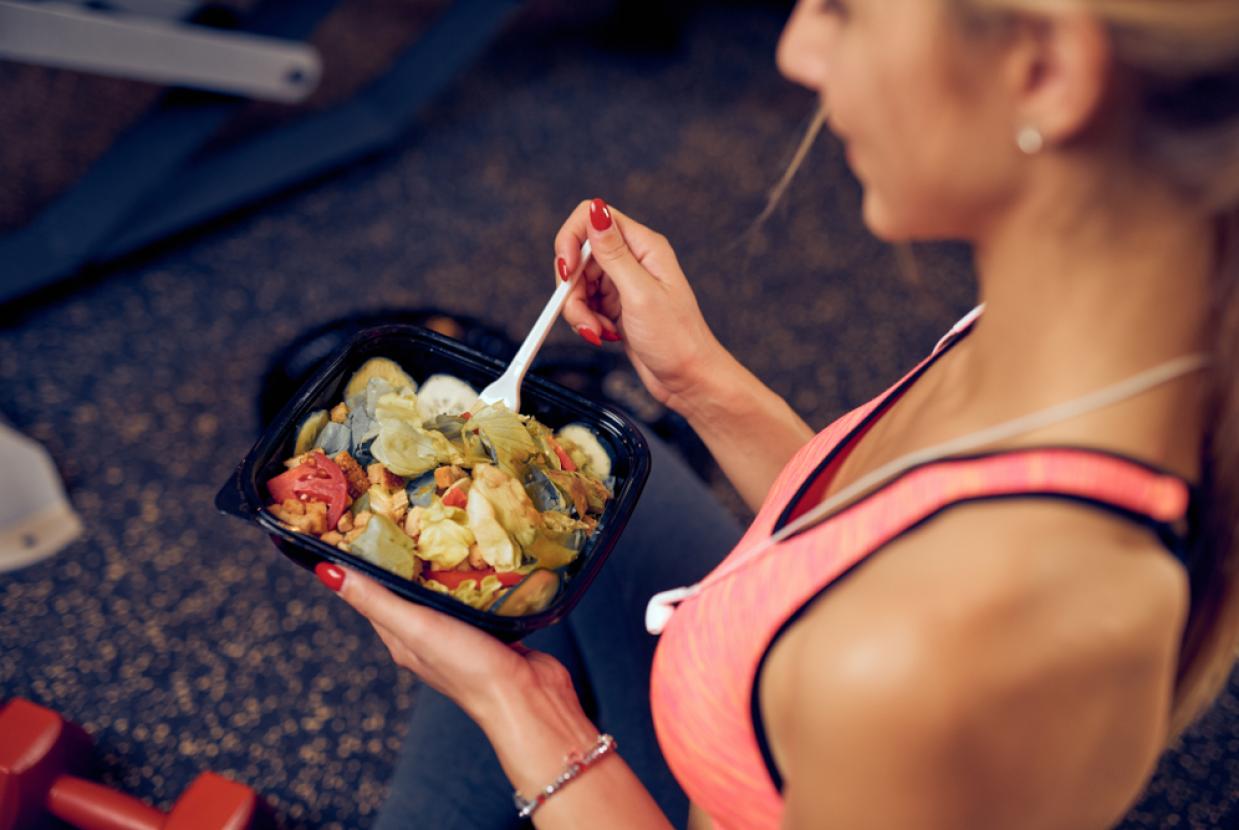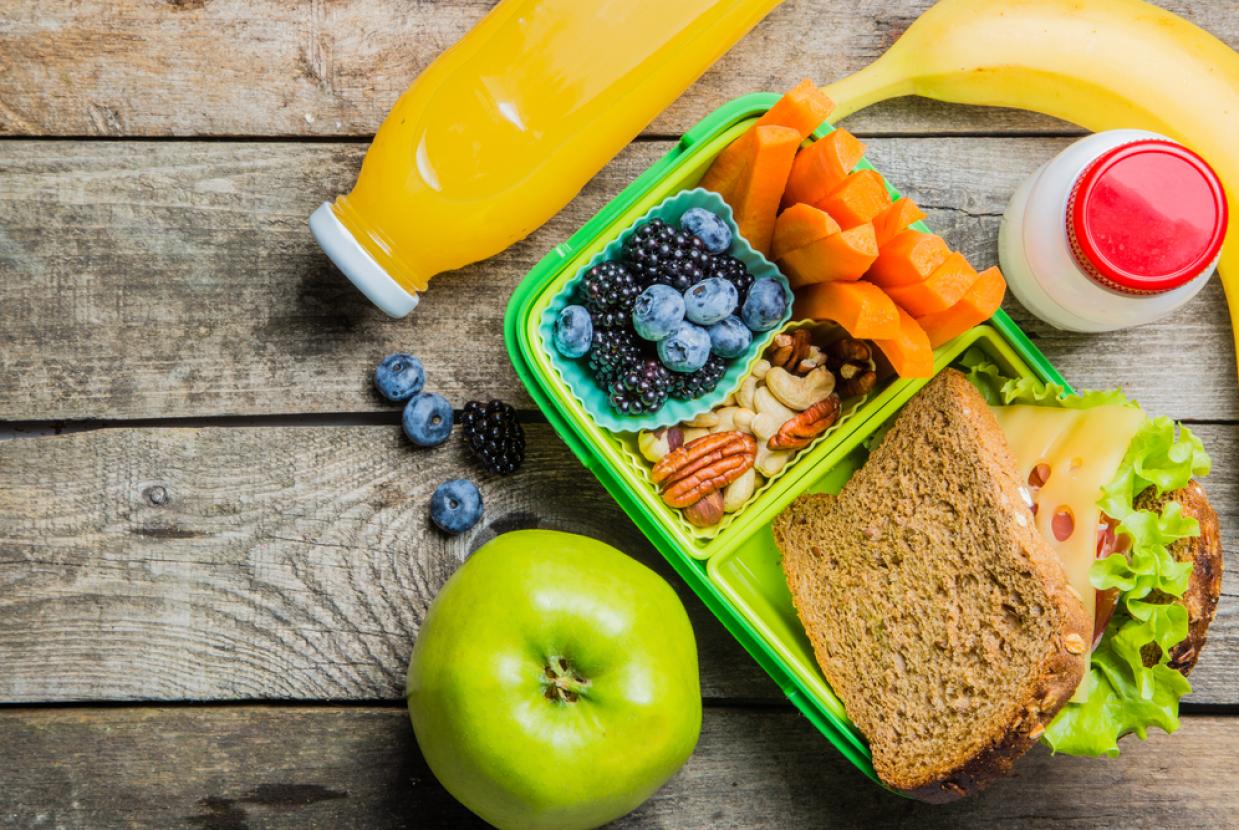How Does Nutrition Affect Olympic Athletes?
Healthy DietThe BDA Sports Nutrition Specialist Group answers some common questions about how nutrition affects sports performance, and how Olympians use food for fuel to gain an advantage.
What is sports nutrition and why is it important?
Sports nutrition is the art of using food to optimise athletic performance while maintaining the health of the athlete. It's crucial for providing the energy needed for training and competition, building and repairing muscle tissue, improving endurance and strength, and enhancing mental focus. Proper nutrition also aids in faster recovery, injury prevention, and weight management, ultimately helping athletes reach their full potential.
How does nutrition affect sports performance?
Much of the impact of sports nutrition lies in the day-to-day training of an athlete. Keeping the athlete illness and injury free will give any athlete the best chance of success. Fancy strategies are all well and good but keeping the athlete healthy and training regularly will help maximise potential.
Ensuring enough energy, fluid and nutrients is key - a machine that tries to work without the correct resource will break down, as will the human body so providing necessary fuel is vital. Get it right and you maximise the chance of competing at your best and without injury. Get it wrong and you risk, at best, reduced performance and at worst, long term injury and health implications. Give the body what it needs, then go and do your thing.
What do Olympic athletes eat?
Olympians are humans first and need to maintain health as a priority, then adjust for their individual sports. Typically athletes are provided a variety of foods by their teams that are of high quality, tasty and safe. It would be impossible to say what each Olympian eats but this article from the International Olympic Committee shares some insight.
How do nutrition needs differ for every athlete?
The Olympics are a fantastic example of the variety of sports that athletes can compete in and every event has unique requirements when it comes to nutrition. And within that, every athlete has individual needs.
For example, high carbohydrate strategies for events lasting seconds probably won’t be the difference between gold and silver but might snag the win in the 1500m freestyle. So nutritional needs vary from sport to sport, and again within each sport.
Individual needs will always play a key part in nutritional preparation. Factors such as the athlete's size, their sex, likes, dislikes, medical conditions, culture and food preferences all shape the nutritional approach. A good sports nutritionist knows this and will ensure the best approach at an individual level.
What is the most common nutritional problem for athletes?
Athletes often don’t register just how much energy they need. As an example, Eliud Kipchoge was estimated to have used 2,339 kcals during his marathon win in Tokyo 2020. Given that the body needs about 1500-2000 kcals per day just to function, that is starting to add up. Tour de France riders will need 6000 plus kcals per day.
Elite sport is demanding and needs fuelling properly. So underfuelling is a common problem and can lead to Relative Energy Deficiency in Sport (RED-s). In a nutshell, RED-s, from a chronic lack of food, can lead to illness, injury, loss of normal hormonal function, low bone density and a host of psychological complications, not to mention impairments in performance.
Underfuelling is likely caused by a perception that food will lead to weight gain and with the pressures of modern society, athletes often feel a need to look a certain way. So we would encourage athletes to seek advice from a registered dietitian or nutritionist to tackle this.
What foods are good for athletic performance?
From a performance perspective, the foods that make the athlete feel the best are the most effective. Broadly speaking, a good sports nutritionist will recommend foods that are minimally processed with high nutritional quality. Plenty of wholegrains, fresh fruit and vegetables (aim for a minimum of 5 portions) and lean proteins. There is some great research now, showing that plant-based proteins (such as soy, beans and legumes) are just as effective for building and maintaining muscle tissue, as long as the quantity is high enough, so go nuts (also a decent source of protein and fibre)!
What are the most important nutrients for athletic performance?
As mentioned earlier, energy is the fundamental building block of an athlete’s diet. After that, nutrients, and how they are distributed, are important.
Protein is the nutrient that attracts most attention usually, but athletes usually don’t need excessive amounts. Guidance is around 1.6 grams of protein per kilogram of body weight per day. So, for example, a 60kg athlete should aim for around 96g of protein per day.
Carbohydrate needs will range depending on their sport's demands. For sports with lower energy demands (short duration or skill sports) around 3 grams of carbohydrate per kilo body weight per day will usually be enough. For the high load sports, such as cycling or running, this could go up to 10-12 grams of carbs per kilo body weight per day. So, our 60kg athlete - if they were a marathon runner, - would need 600-720g of carbs per day, which is a lot of pasta!
Fats tend to get less attention but including a good amount of variety in the diet that includes oils, seeds, nuts etc. should ensure sufficient fats, which play an important role in health. Outside of that, hitting your 5 portions of fruit and veg (7 to be on the safe side) from a variety of sources should provide your micronutrient needs. There will always be individual differences and exceptions so seek advice where necessary.


